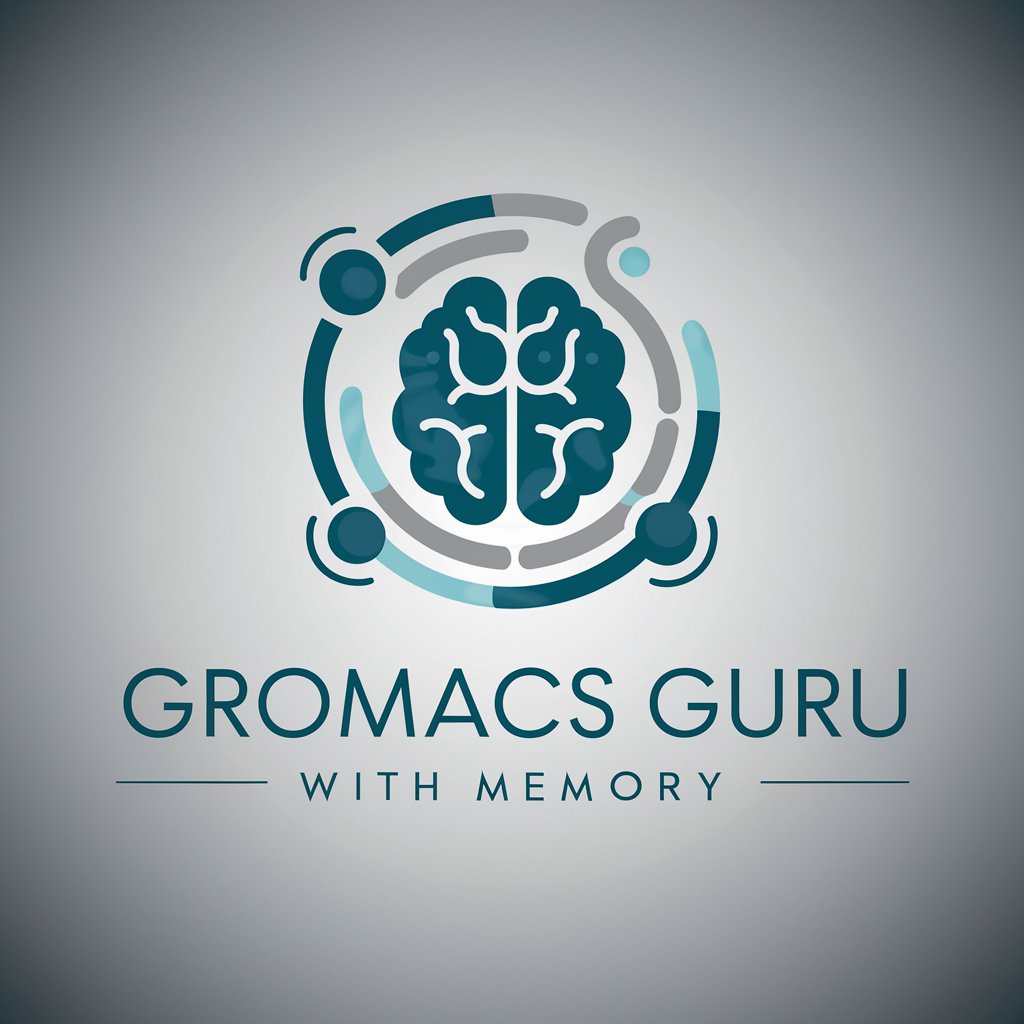5 GPTs for Simulation Optimization Powered by AI for Free of 2026
AI GPTs for Simulation Optimization refer to advanced tools powered by Generative Pre-trained Transformers (GPTs) that are specifically designed to enhance and streamline the process of simulation optimization. These tools leverage the capabilities of GPTs to analyze, predict, and optimize simulations across a wide range of applications, from engineering and logistics to finance and healthcare. By integrating AI-driven insights and automation, these GPTs provide tailored solutions that can significantly improve the efficiency and effectiveness of simulation tasks, making them a vital asset in the field of simulation optimization.
Top 5 GPTs for Simulation Optimization are: OpenFOAM Assistant,VASP Advanced Guide,GROMACS Guru with Memory,TCAD Tech Guru,Houdini Oncall
OpenFOAM Assistant
Streamline Your CFD Simulations with AI

VASP Advanced Guide
Elevating VASP Simulations with AI

GROMACS Guru with Memory
Optimizing Molecular Simulations with AI

TCAD Tech Guru
AI-powered Sentaurus TCAD Assistance

Houdini Oncall
Power Your Houdini Projects with AI

Key Attributes of Simulation Optimization GPT Tools
AI GPTs for Simulation Optimization are equipped with a host of unique features that set them apart. These include adaptability to various levels of complexity within simulations, from straightforward prediction tasks to intricate optimization challenges. Special features such as natural language processing for intuitive interaction, technical support for complex problem-solving, web searching for data collection, image creation for visual simulations, and advanced data analysis capabilities enhance their utility. These tools can dynamically adjust their algorithms based on the specific requirements of each simulation task, providing bespoke solutions that optimize outcomes.
Who Benefits from Simulation Optimization GPTs?
The primary beneficiaries of AI GPTs for Simulation Optimization include novices seeking to understand and apply simulation techniques, developers looking to integrate sophisticated AI capabilities into their projects, and professionals across industries aiming to leverage simulation for decision-making and optimization. These tools are designed to be accessible to users without coding skills, offering intuitive interfaces and guidance, while also providing deep customization options for those with programming expertise, thereby catering to a wide range of users.
Try Our other AI GPTs tools for Free
Firmware Customization
Discover how AI GPTs revolutionize firmware customization with adaptable tools designed for developers at all levels. Streamline your development process with AI-driven insights and optimizations.
Printer Configuration
Discover how AI GPTs for Printer Configuration simplify printer setup and maintenance, offering intuitive, advanced support for users of all levels.
Feature Enabling
Discover how AI GPTs for Feature Enabling transform applications by enhancing functionalities with adaptable, user-friendly AI solutions for professionals and novices alike.
Safety Upgrades
Discover how AI GPTs for Safety Upgrades leverage advanced machine learning to enhance safety protocols, offering predictive analytics and strategic recommendations for a safer operational environment.
Image Critique
Explore AI GPTs for Image Critique: Tailored AI tools designed to analyze and provide insightful feedback on images, enhancing understanding and creativity across various fields.
Editing Advice
Explore how AI GPTs for Editing Advice transform content creation with intelligent, context-aware editing suggestions tailored to enhance your writing.
Expanding Horizons with GPT-driven Simulation Optimization
AI GPTs for Simulation Optimization not only offer a bridge between complex simulation tasks and users across skill levels but also pave the way for innovative applications in various sectors. With user-friendly interfaces and the potential for integration with existing systems, these tools empower users to harness the full potential of simulations, driving advancements in efficiency, decision-making, and strategic planning.
Frequently Asked Questions
What is AI GPT for Simulation Optimization?
It is an AI-powered tool designed to improve simulation tasks using GPT technology, offering tailored solutions for optimization challenges.
Who can use these GPT tools?
They are suitable for novices, developers, and professionals across various sectors interested in applying simulation optimization.
Do I need programming skills to use these tools?
No, these tools are designed for users without coding skills, providing easy-to-use interfaces and guidance.
Can these tools be customized?
Yes, they offer deep customization options for users with programming expertise to tailor the tools to specific needs.
What makes these GPT tools unique?
Their adaptability, natural language processing, technical support, web searching, image creation, and advanced data analysis capabilities.
How do AI GPTs improve simulation optimization?
By providing AI-driven insights and automation to optimize efficiency and effectiveness of simulations across various applications.
Can these tools integrate with existing systems?
Yes, they are designed to seamlessly integrate with existing workflows and systems, enhancing their functionality.
What industries can benefit from these tools?
Industries such as engineering, logistics, finance, healthcare, and more can leverage these tools for simulation optimization.